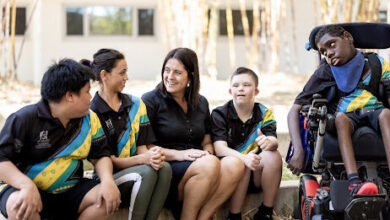Developing EOTC experiences on camp
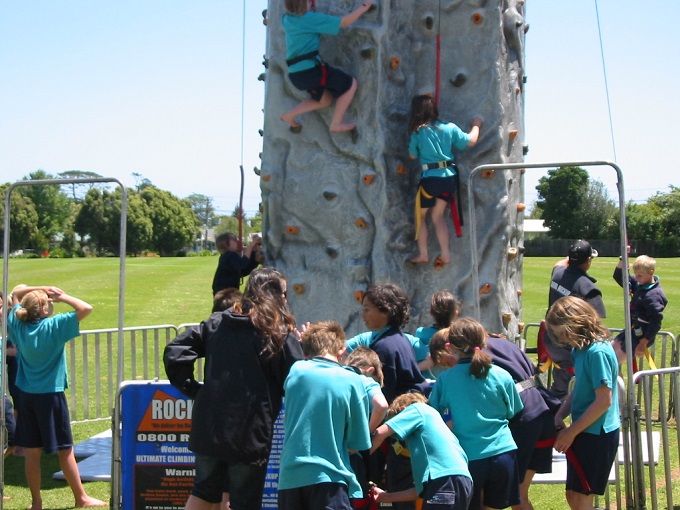
What was your first experience planning a school camp?
The Education Review Office published a report called, ‘Education Outside the Classroom: Schools’ Use of EOTC Guidelines’, where it detailed some examples of successfully planned and executed school trips. One was at a large, integrated, decile 8, boys’ secondary school in an urban area, where Years 7 and 8 going on an annual tip to support curriculum areas including science, music and PE.
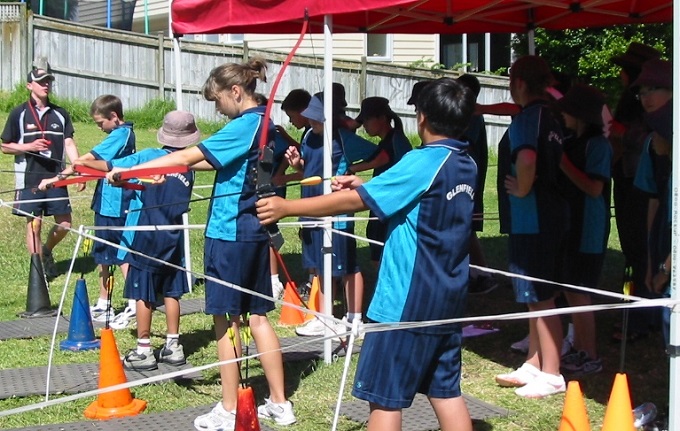
The same school also organises off-site religious retreats for students in Years 9 to 12. In another type of camp: “The Year 13 geography programme includes a study of tourism during a field trip to Rotorua. This trip has links with the school’s curriculum and unit plans. Classroom learning is consolidated by including experiential learning, interviews, photographic records to stimulate information recall, and self-management skills.”
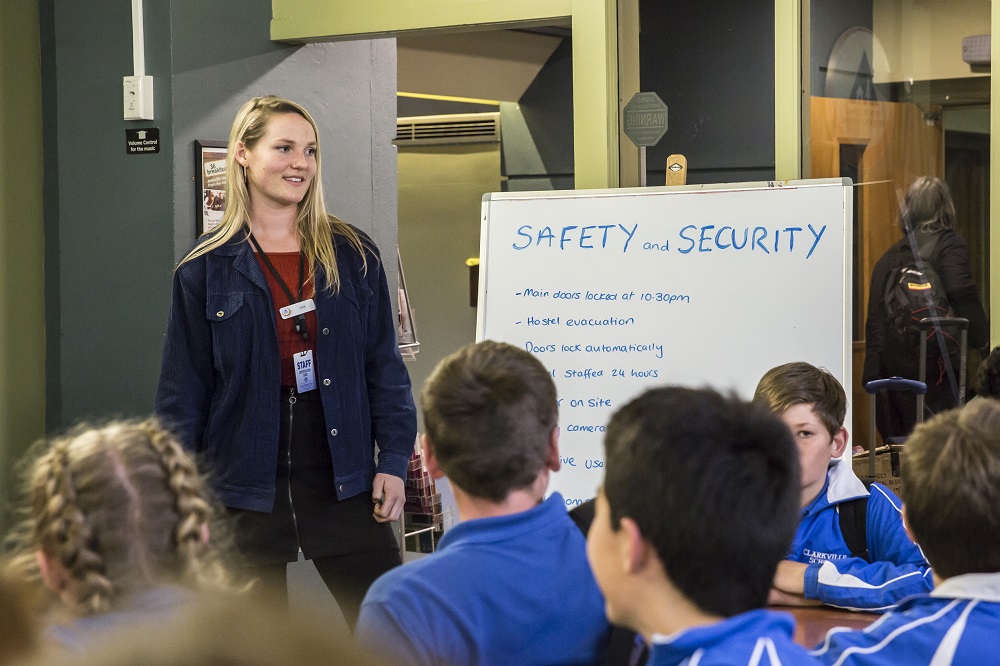
Surmising an itinerary for one camp planned by a teacher, the report noted: “The most recent trip departed at 6am and returned at 6pm the following day and included a seven‑hour return trip. Students stayed in backpacker accommodation. Good use of the time was made with a balance between field study, Māori cultural experiences, and a choice of leisure activities. Hospitality students managed the catering and the photography students recorded the events. Safety expectations were clear and students understood their responsibilities.
“The teacher completed a trip debrief with students and staff and used feedback data to plan improvements to future field trips. Students reported that the trip was useful for their internal NCEA [10] Level 3 assessments and had prepared them well for the external assessment.”
A good night’s rest
To find the right accommodation provider, think about the size of your camp-group and length of stay.
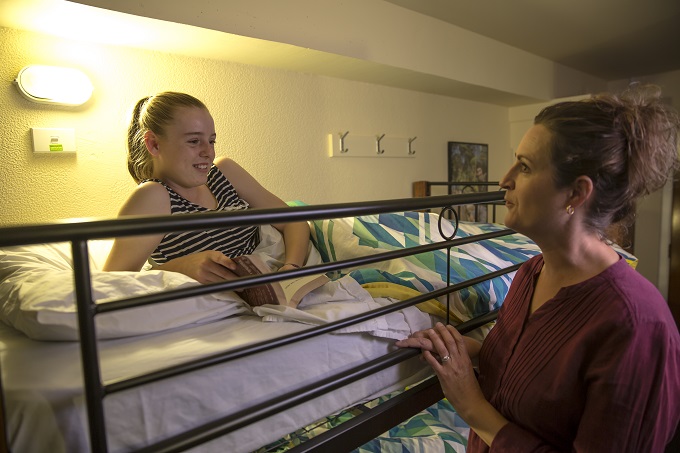
If it’s more than a week, you may want to consider multiple locations or make sure the rooms will be comfortable enough for an extended stay. There are a plethora of amazing accommodation providers that cater to school groups; from cabins and camping sites, to hostels, motels, and more unusual offerings like overnight aquarium or planetarium stays.
Adventure camps and parks can be a wonderful option for schools as they have ready-made programmes of activities and structured EOTC days for schools to package with the accommodation. Often, educators can take part in or observe the activities themselves, which can be an added bonus as qualified onsite staff can lead the charge. For schools that want to expose students to new skills and sports they can’t access at home, like archery, fencing, shooting, or even things like raft building, a more structured adventure camp could be ideal.
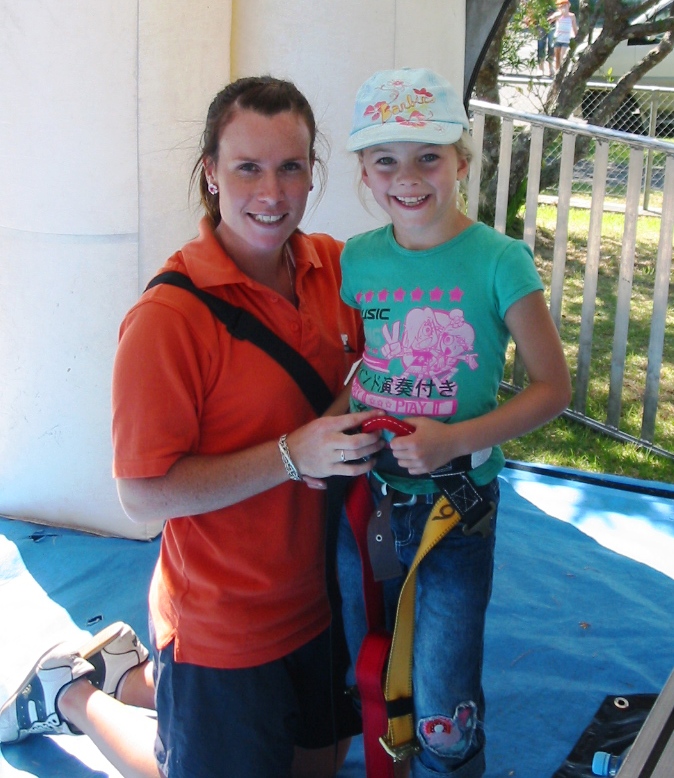
If you’re planning a camp for a cohort of teenagers, look for accommodation types that cater specifically to that age-group. Hostels in particular can offer competitive rates to large groups, tend to be self-catered and are used to housing young people (late nights, wifi codes, noise, and all!). Many hostels cater specifically to school groups and will liaise with group leaders or teachers during the planning stage. You should be able to request a crisis management plan from the hostel manager for risk assessment planning and they are often located near EOTC providers too, so may be able to pitch activity suggestions.
Don’t forget to think about the accommodation options for teachers and chaperones; ask the accommodation manager about this during your initial enquiry.
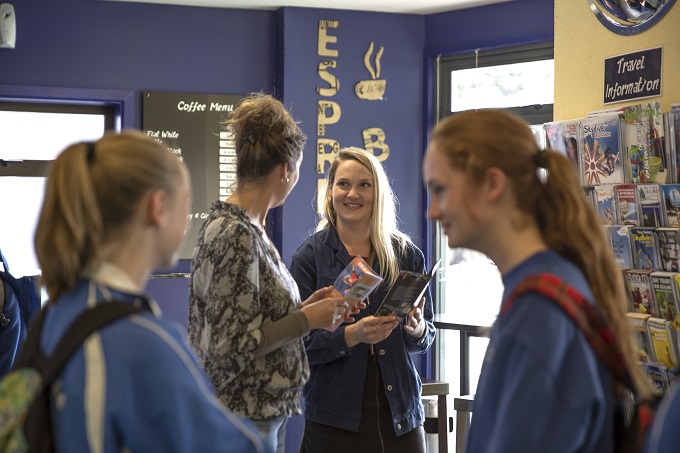
A venue that’s close to your school will mean cheaper transport and, particularly for the littlest campers, parents aren’t too far away if the experience gets a little too much for someone. On the downside, it can be less exciting for students and the range of activities available may not be as wide. Travelling a little further afield gets everyone in the adventurous spirit and increases the number of opportunities to tie in different subjects.
Another vital element of school camp is the unique opportunity to build bonds within student groups. Camp is a chance for kids to ‘hang out’ with peers outside their friendship circle; to rely on and trust each other in group activities and share new experiences that will create positive memories and hopefully strengthen their bonds. It is the camp coordinator or planner’s role to try to make room for this to happen by organising the ideal itinerary. Things that might suit your student-group include an end-of-camp dance, campfire story-times, impromptu plays or social activities, or group orienteering but there are countless options.
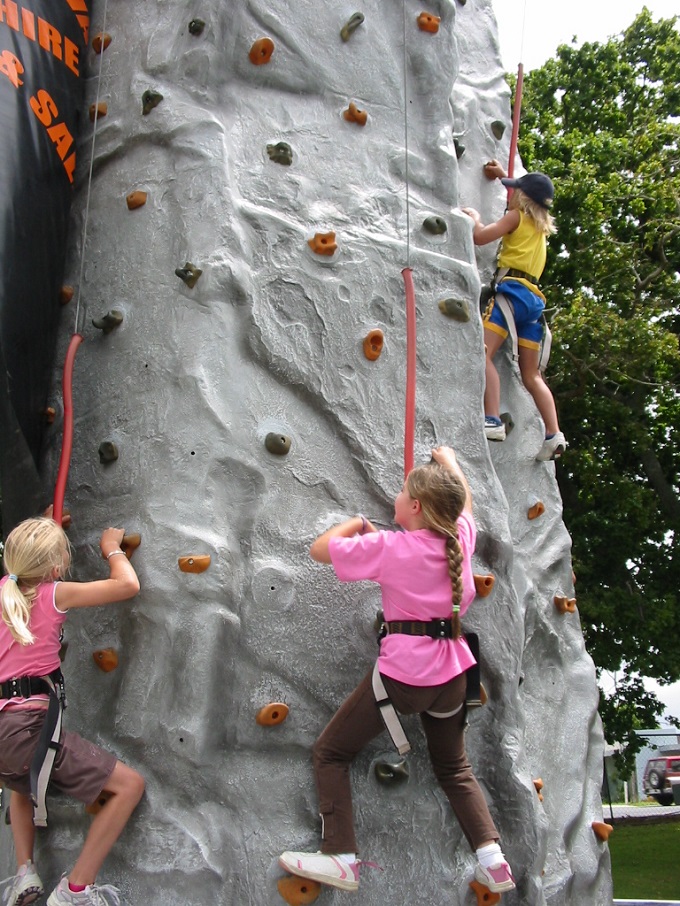
Food, food, glorious food.
This can really make or break a school camp. The last thing you need is for a child to get sick because of something they ate, so first of all make sure you are clear about allergies and food intolerances. Second of all, plan to have good camp food. Cooking might even be a great activity to schedule into the itinerary but, either way, make sure everyone will be well-fed. Whether you opt for a caterer (do a taste test well in advance, if possible), order food to be sent to the campground, book a facility that includes food, or plan for students to bring a set amount of money for food each day, make sure you think it through.
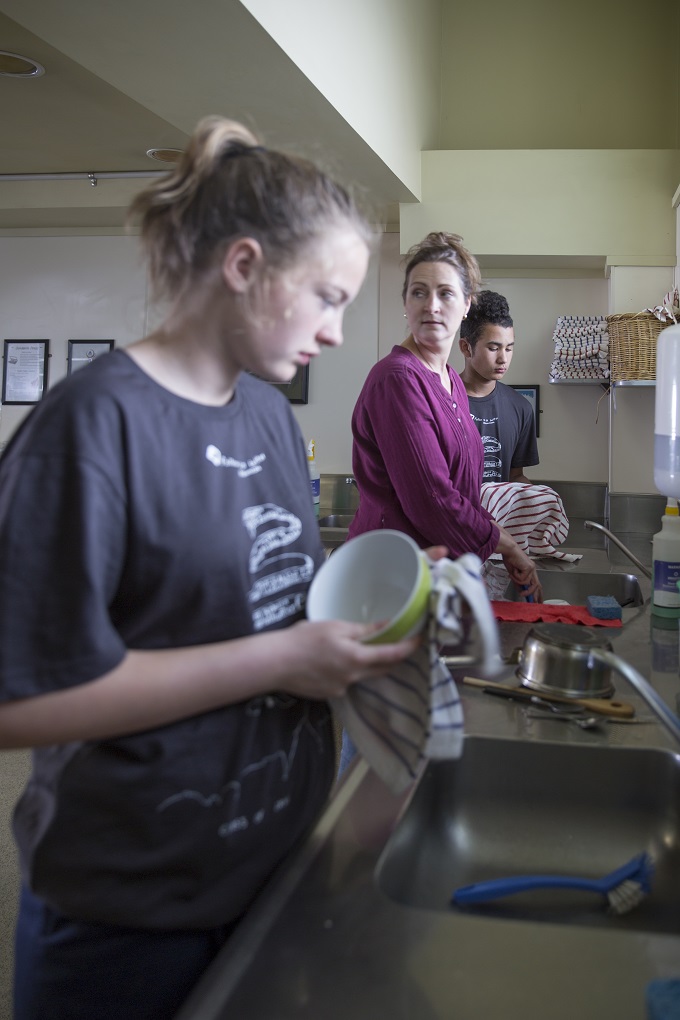
Decide what to ban students from bringing along to camp. Some parents will want their children to bring phones, for example, so it’s up to you to decide whether this is permitted. Snacks, games, technology, books, makeup: cover all your bases and let parents and students know why they can’t bring certain items. If it’s not explicitly banned, someone will probably bring it.




